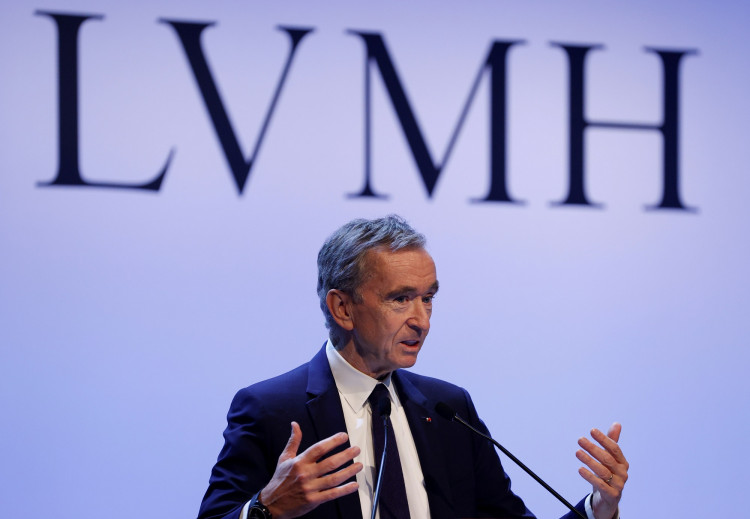Europe's richest man, Bernard Arnault, is set to embrace the hottest new way to raise capital; establish his own special purpose acquisition company, or now widely known in financial circles as a SPAC.
The chairman of LVMH Moët Hennessy Louis Vuitton is reportedly working with French asset manager Tikehau Capital and two former bankers to set up a SPAC. The billionaire is planning to hunt for possible listings, focusing mainly on the region's financial services sector.
Arnault is currently the fourth richest person globally and the richest person in Europe with a net worth of more than $114 billion, according to the Bloomberg Billionaires Index.
Tikehau Capital said Tuesday that the SPAC will be targeting companies offering asset management platforms, insurance, and financial services. The company said that they will be looking for fintech companies that offer "strong profit growth potential."
Tikehau Capital said that the SPAC will be the first of several that will be established by the group. Two former bankers have been brought on board to help organize the plan, namely former CEO of UniCredit, Jean-Pierre Mustier, former Bank of America Merrill Lynch head of investment banking, Diego De Giorgi.
The group is reportedly planning to list the SPAC in Amsterdam once it finds a suitable target. The listing will be a big win for Euronext Amsterdam, which had seen increased attention following Brexit.
Over the past few years, SPAC public listings have become the go-to method for raising capital for startups compared to traditional initial public offerings. SPACs, sometimes referred to as "blank check" companies are established with the sole purpose of merging and raising capital.
Last year, a total of 229 SPACs went public in the U.S. -raising more than $76 billion of fresh capital. This was a significant jump from the $13 billion raised in 2019. Analysts said that the pace could further increase this year as more companies take advantage of the more convenient way of raising money.
In Europe, the trend has yet to be largely adopted. Analysts said that Europe has so far largely missed out on the boom, but the market is showing signs of potential large-scale adoption.





